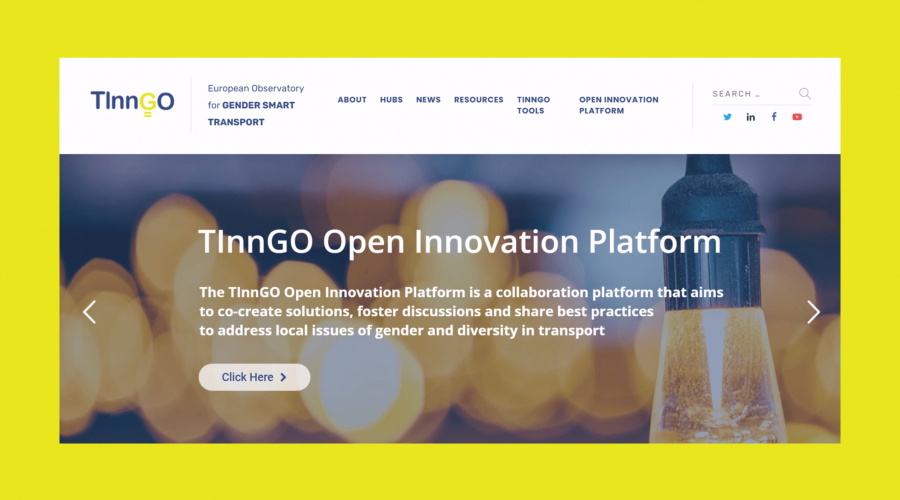The European Union Agency for Fundamental Rights (FRA) produces independent and evidence-based advice for the EU and other national policy makers, assisting in debates, policies, and legislation on fundamental rights. Earlier this year, the FRA released results from their 2019 survey, comparing results with their previous survey launched in 2012. It covered a variety of issues, from discrimination experiences, housing, openness about being LGBTQI+ and more.
- 15+ year old LGBTQI+ people from the EU member states and candidate countries of North Macedonia and Serbia answered the survey, totalling 140,000 in 2019 and 93,000 in 2012.
- Comparison between 2012 and 2019 shows little progress, with some areas presenting an increase in discrimination.
- Although there was a 16% increase in living openly as LGBTQI+ , 61% of all respondents still avoid (often or always) displays of affection in public.
- Discrimination has also increased by 6% since 2012, and by 17% specifically for trans people.
The FRA results resonate with TInnGO’s aims, as safe and efficient transport provision is essential for people’s access to opportunities. The survey showed that:
- 51% of discrimination situations, harassment and/or violence (sexual and/or physical) happened in public spaces,
- with 10% happening in public transport (p. 41 on the report).
This might discourage use of public transport.
The FRA’s survey was launched as a response to a paucity of comparable data of LGBTQI+ people at national and international levels. TinnGO, as an intersectional project, strives to include sexual orientation in its analysis and results, tackling the lack of representative data on the LGBTQI+ population.
Public transport is essential to a great part of our population, not only for service, work, and leisure access, but also as a bridge to safe spaces and socialisation. Minority groups rely on public transport to access a variety of essential services in their lives, from healthcare (highly important for the trans population) to support groups and mental health care. Mental health issues can also influence people’s safety and perception of safety to use public transport and seek appropriate care. The LGBTQI+ population is one of the minority groups vulnerable to mental health conditions and negative effects, as the Stonewall report shows.
The FRA survey shows how human rights and quality of life for the LGBTQI+ population needs to be improved on many fronts, transport being one of them. Yet, safe and accessible transport provision is certainly one of the wheels helping society move towards equality and inclusion.
Access to the full report, FRA materials, information and more news can be accessed here.





